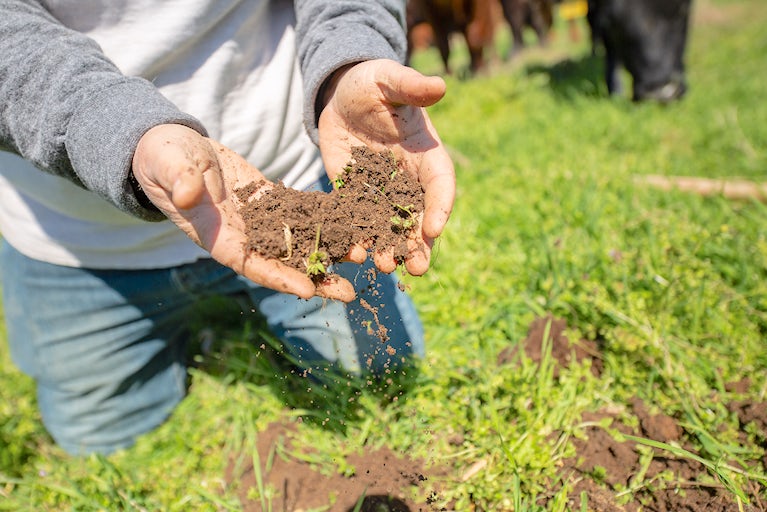
Heal the Soil, Heal the World
At Heifer Ranch, the team cares for the animals above the ground as well as those below — the communities of tiny, soil-dwelling creatures that builds the land’s resilience to climate shocks.
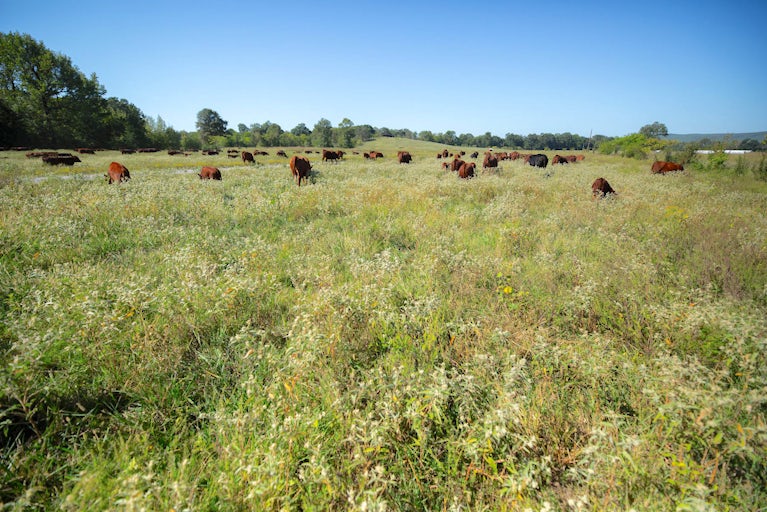

We partner with smallholder farmers to cultivate prosperity in farming and food through climate-smart strategies.

Donna Kilpatrick, Director of Regeneration
Ellen Brown, Deputy Director
Chelsey Tubbs, Finance Manager
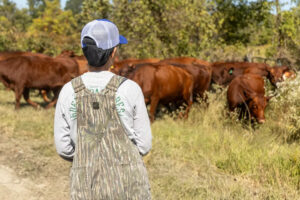
Farming in the United States is dominated by industrial agriculture, with smallholder farmers comprising only a small fraction of food producers. This challenging and unpredictable work often forces many farmers to supplement their income with additional jobs. Smallholder farmers in the United States face high input costs, systemic inequality, competition with large-scale corporations and reluctance to adopt climate-smart practices, restricting their ability to thrive.
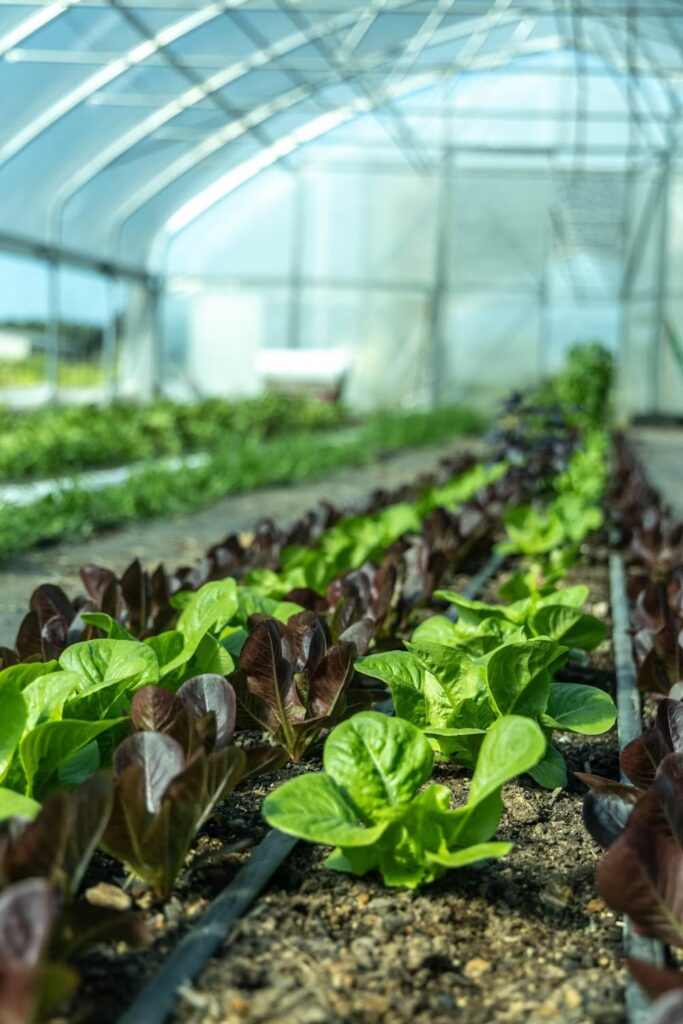
Heifer USA empowers small-scale domestic farmers to build sustainable livelihoods by providing essential education, resourcesOrganizing farmers into cooperatives increases their access to profitable markets, improves livelihoods, and strengthens local economies and access to fresh, nutritious food. We also facilitate connections with nongovernmental organizations, agricultural organizations and government entities for additional support.
Heifer USA also assists small-scale farmers in adopting science-based, environmentally friendly and climate-smart practices, offering training in methods that help generate healthier land and economically viable farms. Central to this effort is the promotion of regenerative farming, which mitigates drought, sequesters carbon and increases ecosystem biodiversity. The Heifer Ranch Center for Regenerative Agriculture, a 1,200-acre working ranch in Perryville, Arkansas, serves as a research, education, training and demonstration site.
Our primary objective is helping families achieve a sustainable living income, our measure for the amount of money required for a decent life — including safe shelter, nutritious food, clothing, education and health care — while also reaching additional benchmarks for economic and climate resilience.
Year Heifer launched in United States
Household participants in 2024
Household participants to date
Project timeline: 2019–present
The Farmer Education project provides training in sustainable and regenerative agricultural practices for livestock and partners with small-scale farmers to measure ecosystem health using the Savory Institute’s Ecological Outcome Verification (EOV) method. This monitoring tracks improvements in soil, water and biodiversity and progress toward land regeneration.
The Farmer Education initiative also offers free digital training on regenerative farming practices for U.S. and global audiences. Participants can access free tutorials and resources for sustainable farming in 14 languages on the Heifer USA YouTube Channel. Through the Farmer Education project, we use the discovery and promotion of new solutions to solve the persistent problems of food safety, security, justice and economic viability in farming in the United States.
Project timeline: 2020-present
The Farmer Engagement project has worked with historically underserved communities in the state of Mississippi, focusing on strengthening the local food system with an emphasis on pasture-raised pork production.
The project offers diverse engagement and outreach, supporting farmers through infrastructure, training, processing, connection to quality inputs and marketing assistance. This approach empowers farmers to increase their earnings while generating economic benefits for their communities and improving access to nutritious food.

At Heifer Ranch, the team cares for the animals above the ground as well as those below — the communities of tiny, soil-dwelling creatures that builds the land’s resilience to climate shocks.
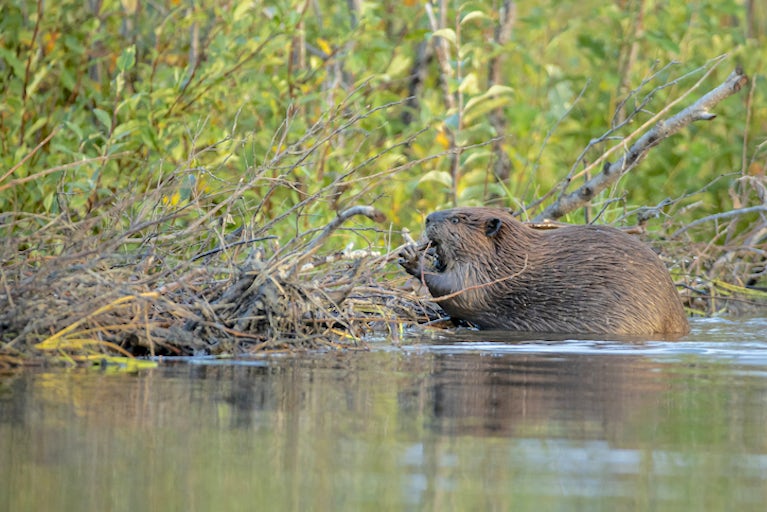
As the pastures and animals of Heifer Ranch have flourished, native species have prospered alongside them — a welcome indication of a healthy, resilient ecosystem.
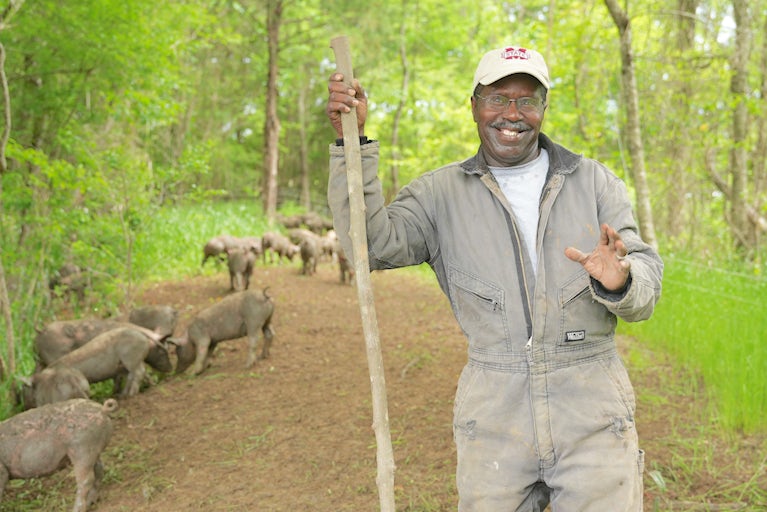
With support from Heifer USA, one farmer is establishing himself as the first pastured pork producer in Mississippi — and transforming his land into an investment in his family’s future.
Orlando Trainer, President, Unlimited Community Agricultural Cooperative
Cart is empty
Success!
Please be patient while we send you to a confirmation page.
We are unable to process your request. Please try again, or view common solutions on our help page. You can also contact our Donor Services team at 855.9HUNGER (855.948.6437).
Covering the transaction fee helps offset processing and administrative fees that we incur through taking payments online. Covering the transaction fee for each payment helps offset processing and administrative fees that we incur through taking payments online. Covering the transaction fee for each payment helps offset processing and administrative fees that we incur through taking payments online.
Success!
Please be patient while we send you to a confirmation page.
We are unable to process your request. Please try again, or view common solutions on our help page. You can also contact our Donor Services team at 855.9HUNGER (855.948.6437).
When you donate a gift to someone, you'll have the option to create a free card after your donation is complete.
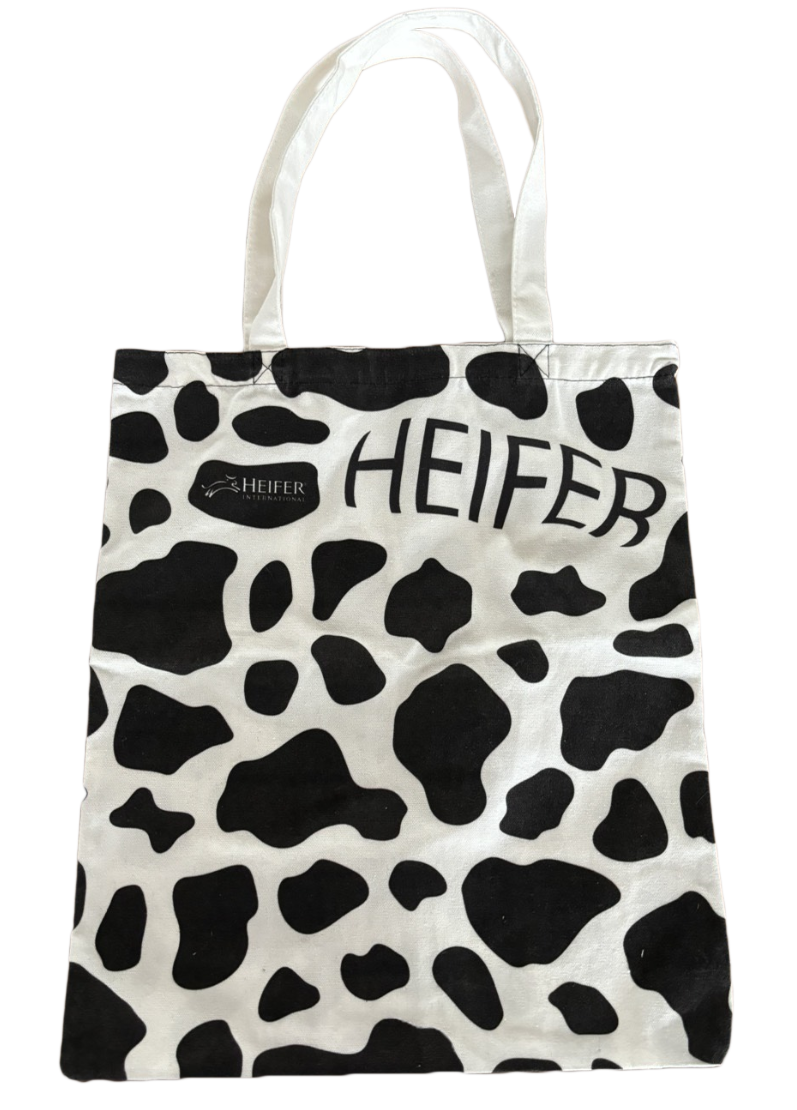
A FREE gift will be sent to supporters who choose to give a monthly gift.
Covering the transaction fee helps offset processing and administrative fees that we incur through taking payments online. Covering the transaction fee for each payment helps offset processing and administrative fees that we incur through taking payments online. Covering the transaction fee for each payment helps offset processing and administrative fees that we incur through taking payments online.

A FREE gift will be sent to supporters who choose to give a monthly gift.